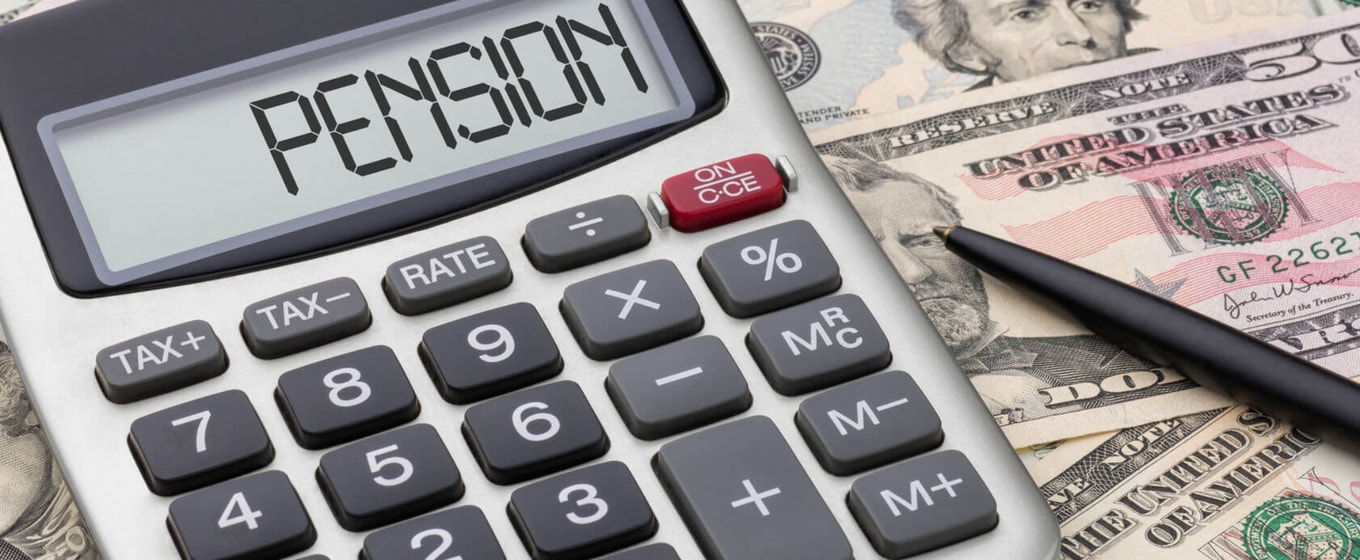The state pension is a guaranteed weekly income paid by the government to individuals who have reached retirement age, and who have made the necessary amount of National Insurance contributions during their working life.
The current retirement ages are 62 for women and 65 for men, but both of these are currently undergoing incremental changes. According to current legislation, the retirement age for both sexes will rise to 66 by 2020, and 67 by 2028. Furthermore, the government has suggested that the state pension age is likely to continue to increase to 68 in the mid-2030s and then to 69 by the late 2040s, but at the moment these are just estimates.
Will you get a full pension?
The way the state pension is calculated is also changing for everyone who reaches retirement age on or after 6 April 2016. Once you’ve reached retirement, you’ll be eligible for the full state pension if you have ten qualifying years of National Insurance contributions. If you have fewer years of contributions, you will be entitled to a lower state pension. If you qualify for the full pension, you’ll be paid at least £148.40 per week, and this figure will increase in line with inflation.
Automatic claim form
Most people should expect to receive a claim form automatically around four months before they reach the official retirement age. On completion of this form, arrangements will be made for the pension to be paid by direct bank transfer from the date you become eligible. If you don’t receive a form, contact the money and pension scheme to request one.






These cookies are set by a range of social media services that we have added to the site to enable you to share our content with your friends and networks. They are capable of tracking your browser across other sites and building up a profile of your interests. This may impact the content and messages you see on other websites you visit.
If you do not allow these cookies you may not be able to use or see these sharing tools.